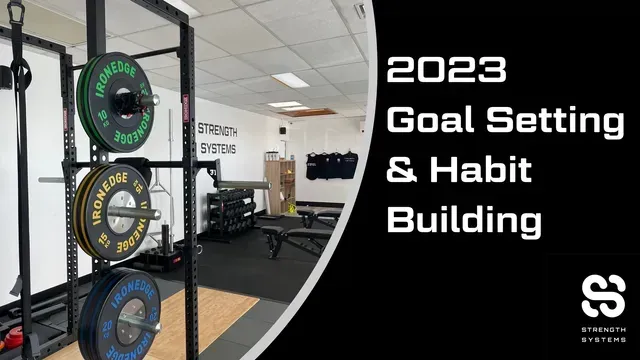Welcome To
Our Blog

One Simple Practice To Set You Up For Success
Part 2/4 of our goal setting and habit building series.
Performance Goals:
Performance goals are centered around achieving specific levels of competence or outperforming others. These goals focus on demonstrating one's abilities, often in comparison to others, and achieving high standards of performance. The emphasis is on being judged favorably or receiving positive evaluations from others.
For example: Trying to be the top goal scorer in a team or getting the highest grade in a class are examples of performance goals.
Characteristics:
Competitive orientation: The motivation is to perform better than others or to achieve superior results compared to peers.
External validation: Success is often measured by external recognition, such as grades, rankings, or awards.
Achievement-oriented: Individuals strive for success and accomplishment, often seeking to outperform previous performances.
Can lead to anxiety: The pursuit of performance goals can sometimes lead to stress and anxiety due to the fear of failure or not meeting expectations.
Mastery Goals:
Mastery goals are focused on developing competence, acquiring new skills, and mastering a task or subject matter for personal growth and learning. The emphasis is on self-improvement, increasing one's knowledge, and becoming proficient in a specific area.
For example: Learning a new language for personal enrichment or acquiring a new skill like playing a musical instrument are examples of mastery goals.
Characteristics:
Learning orientation: The motivation is to enhance knowledge, skills, and abilities rather than comparing oneself to others.
Intrinsic satisfaction: The fulfillment comes from the process of learning and the sense of personal accomplishment rather than external rewards.
Embracing challenges: Individuals are willing to take on difficult tasks as opportunities for growth and development.
Can lead to resilience: Pursuing mastery goals can foster resilience in the face of setbacks or failures, as the focus is on learning from mistakes and improving over time.
In summary, performance goals emphasise outperforming others and achieving specific standards of excellence, while mastery goals emphasise personal development, learning, and growth. Both types of goals can coexist in various situations, and individuals may choose to set a combination of performance and mastery goals depending on their priorities and circumstances.
It's important to note that the distinction between these types of goals is not always rigid, and individuals may find value in pursuing both performance and mastery aspects as they work towards their aspirations. Finding a balance between performance and mastery goals can lead to a well-rounded and fulfilling approach to personal and professional development.
Now, write down two examples of mastery goals and one example of a performance goal. Ideally, the two mastery goals should lead into the desired performance goal.
01

Athlete Performance Program
High Performance Training Throughout Your Entire Season.
02

Sports Physio
Sport Specific Injury Management & Prevention
03

Concussion Clinic
Keeping Your Brain Safe With Up To Revolutionary Concussion Care
Contact Us
23-25 Clements Ave, Bundoora, 3083
Unit 1/7 Oban Rd, Ringwood, 3134
0483 925 173
Internships
To apply for a internship position with Pivot Sports Performance, please email a cover letter together with your C.V.
Website & Marketing Powered By Gymini
